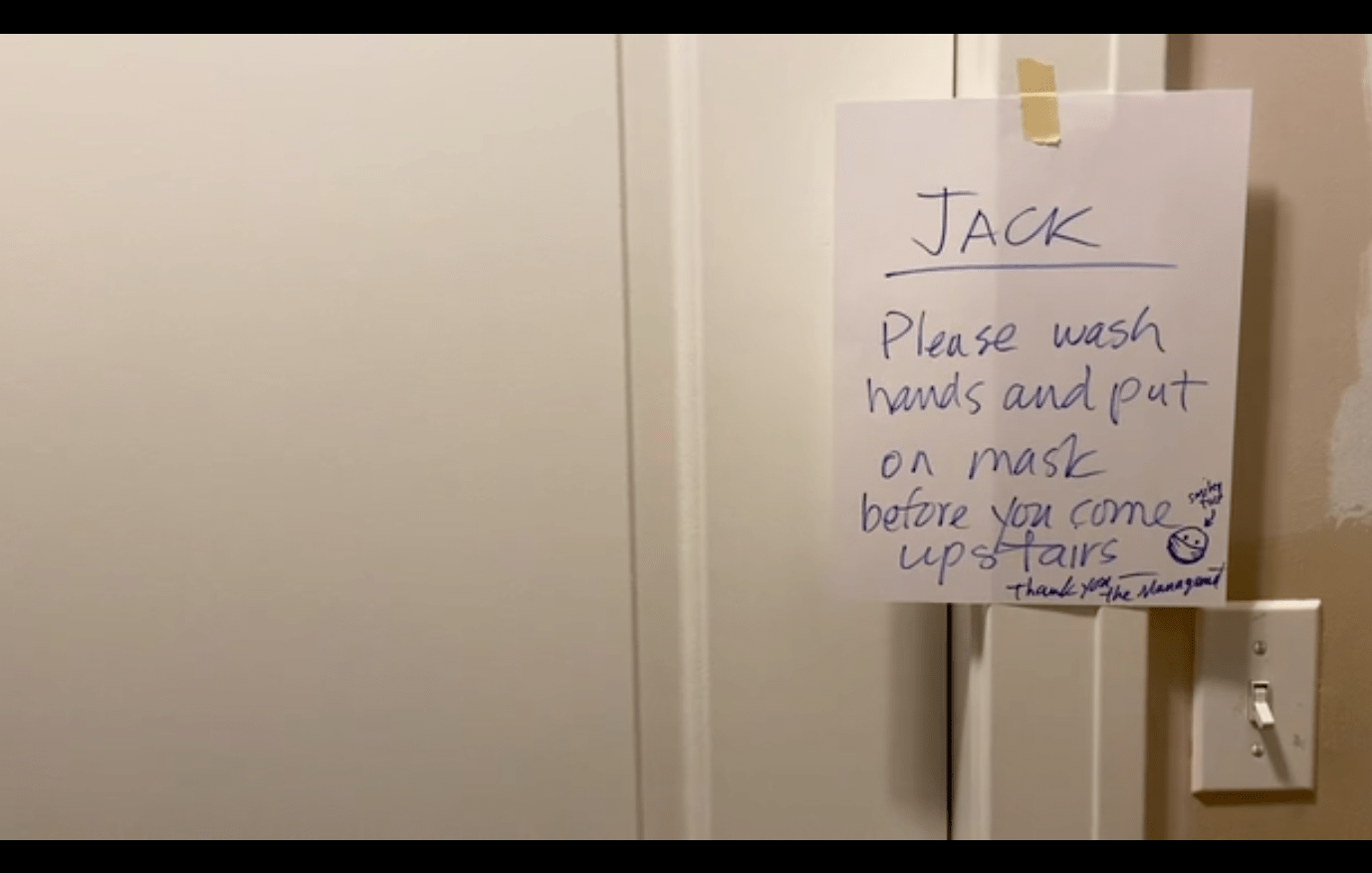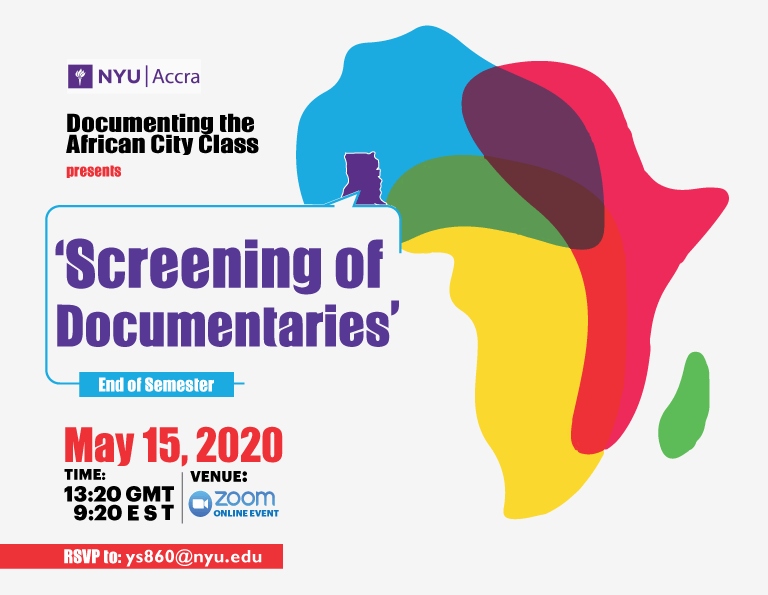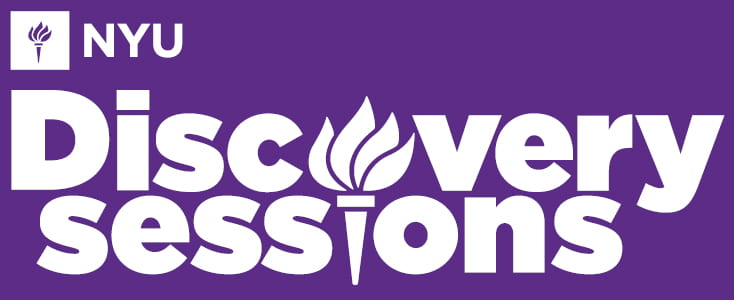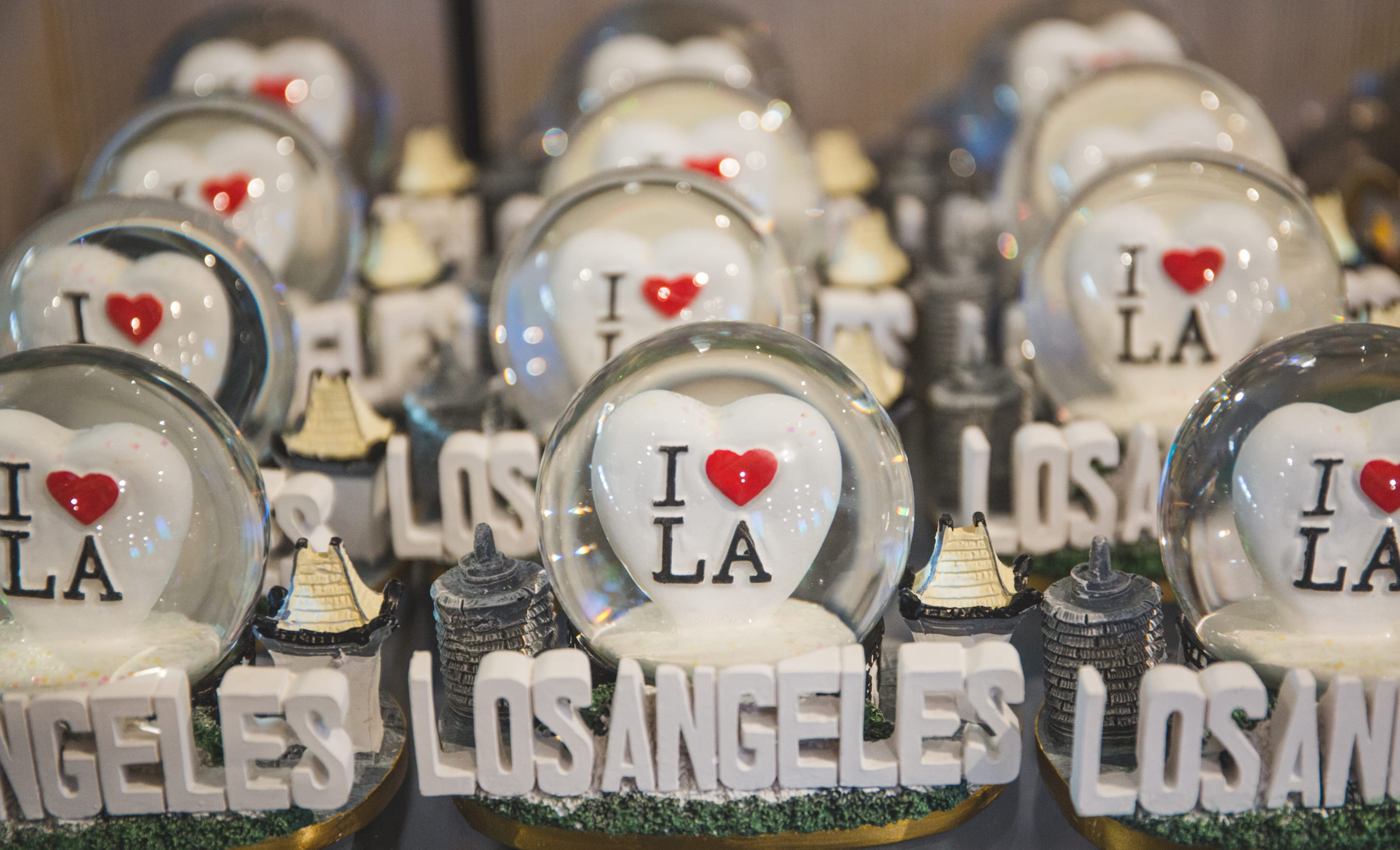Last fall during International Education Week, NYU hosted an array of events that explored the benefits of international study away programs. One of those programs—a virtual roundtable discussion featured four NYU site directors. NYU Tel Aviv’s Benjamin Hary, NYU Accra’s Chiké Frankie Edozien, NYU Berlin’s Gabriella Etmektsoglou, and NYU London’s Catherine Robson discussed the lessons COVID-19 taught them, how they used those lessons to reconstruct their programs, and their hopes for future study away students. NYU’s Associate Director of Study Away Student Support Alejandro Marti moderated the panel.
Enlarge
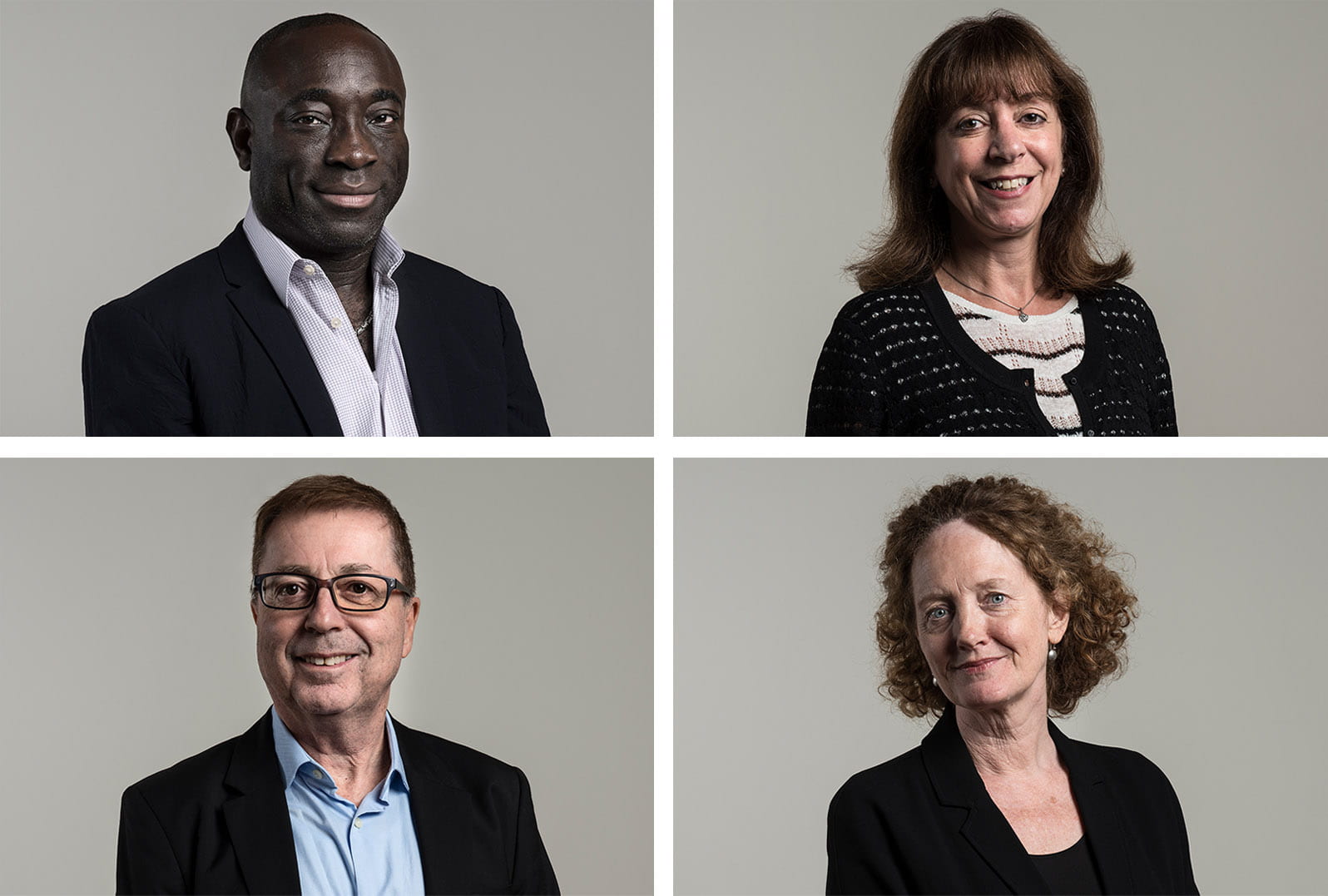
Using the Past to Reshape the Future
When the pandemic first began in 2020, the faculty and staff at NYU’s global sites quickly adjusted. They adopted Zoom technology for virtual classes, planned online events for cultural immersion, and reimagined the scope of their curricula. Unsurprisingly, the lessons they learned in 2020 influenced the trajectory of their programs in 2021. For Chiké Frankie Edozien (NYU Accra), this meant creating new experiential learning trips and adopting new wellness guidelines for students.
“We tried a lot of things during the time of restrictions with our Go Local students who were primarily Ghanaian,” said Edozien. “We tried new excursions based on topics like climate change, taking students to the sea defense wall construction site. We weren’t able to (and we’re still not able to) do overnight trips, so we tried to think of ways we could teach students about Accra outside of the classroom—ways that allowed them to come back safely without the need for excessive travel or hotels. Sometimes we held classes outside so students and professors could be out in the sun, rather than in a confined space, and feel a bit more safe. We also encouraged our faculty to implement what we call ‘mask breaks’ so students can remove their masks for a short time before continuing their work.”
Similar to NYU Accra, Benjamin Hary and his team at NYU Tel Aviv spent the first part of the pandemic redesigning their curriculum to accommodate COVID-19 regulations. They now invite a range of guest lecturers to the classroom, and they developed a robust orientation for students who might need to quarantine upon their arrival in Israel.
“As we prepared for last semester, we created ways to connect students with one another and staff,” said Hary. “What my staff did for orientation, which was totally online because students were in quarantine, is a good example of this. We usually take the students to the famous Tel Aviv market, but since we couldn’t do that, my staff created a video of the market instead. They went to each specific ethnic food place and actually bought all the same food for the students. We delivered it to their doors so when they were watching the video, we could tell them about the food, and they could follow along. They loved it.” In addition, he noted, “With Zoom, it is very easy to invite people, such as guest lecturers and other experts, to participate in our programming, regardless of their physical location.”
Preparing Intentional Coursework for All Circumstances
During the early months of the pandemic, NYU’s global staff worked hard to create a future curriculum that could span multiple formats: in person, online, and/or hybrid. By preparing for various circumstances, NYU’s global locations worked to ensure students never missed a beat in their education.
“Without our faculty, we would not have been able to offer such a good experience for our students,” said Gabriella Etmektsoglou (NYU Berlin). “They showed adaptability and flexibility. They developed so many different options for their courses within a semester. In Berlin, for example, we had times when we were teaching in person and hybrid, and we had times when we had to lock down the site for a few weeks. If you had planned trips to museums or nongovernmental organizations during those weeks, you had to totally rethink your class. The faculty really embraced, very intentionally, the values of equity, diversity, belonging, inclusion, and accessibility when rethinking their sessions. It wasn’t simply, ‘I can’t go to this museum. What do I do now?’ It was, ‘Why was I going to this museum to begin with? Is there any way I can bring this museum to my class?’”
Eagerly Awaiting Cultural Immersion
The pandemic forced educators across the globe to rethink and reimagine the ways in which students learn. While some tactics will remain in place moving forward, such as expanded access to guest lecturers, increased collaboration between study away sites, and new experiential learning opportunities, other tactics will likely fall to the wayside, like learning a new language online or participating in a remote internship—both of which are challenging to accomplish without full-blown cultural immersion.
“In orientation we always talk about immersion in your new culture,” said Catherine Robson (NYU London). “Only by doing that do you start to think deeply about the place you come from. When you’re remote, you’re still in your usual place. You don’t have that experience of sort of turning inward, of being challenged to think about your own country, your own region, your own locality. Only by being in that different environment do you really start to reflect because it defamiliarizes what was deeply unquestioned by you before. And so that is why actually being in person in that different country is so key to what we do.”
And that’s why NYU’s global staff are eager to welcome more and more students back to their centers this year in 2022.
What’s Ahead: Embrace the Unexpected
For students preparing to study abroad in the coming semesters, all four site directors encouraged them to maintain an open mind and a positive attitude.
“Right now I think students need to be adaptable and have a little bit of trust in the future,” said Etmektsoglou. “Twelve years ago when I started at NYU Berlin, it was so much more about traveling. Now it’s about your professional career and your development as a young researcher. Yes, you might miss some traveling, but it’s not the key. Because of the pandemic and because of the way we used the time, the quality of our classes increased. They’re much more focused on addressing the career skills and needs for professional competencies. They’re about applied research; they’re about becoming entrepreneurial young professionals. Students will benefit from the diversity, the guests, and all the things we embraced during the pandemic.”
Written by Samantha Jamison
